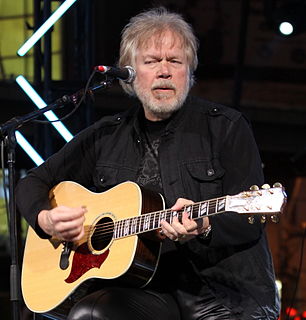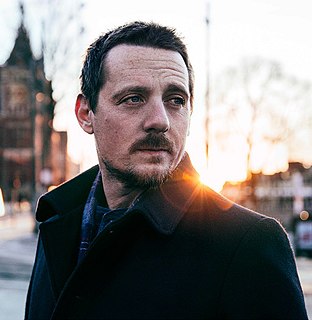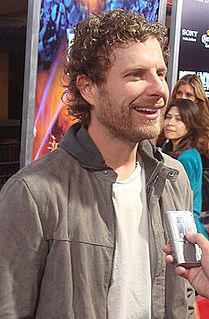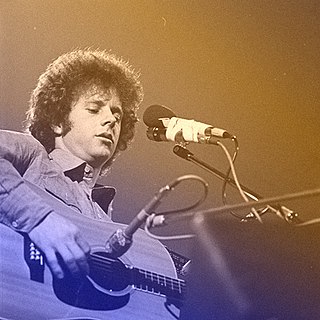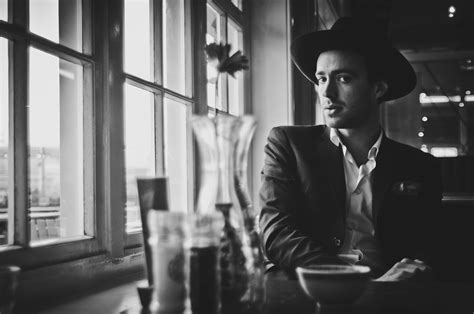A Quote by Randy Bachman
The local music community here was dying for a place to record, so we started doing acoustic, folk and bluegrass and then did rock projects for other bands, as well as for my son Tal and my own work.
Related Quotes
I grew up listening to everything. I was in rock n' roll bands and punk bands, and I loved bluegrass and country music, too. Then, when I moved to Nashville, I put out a very traditional country record because that's just what you do. I had a bunch of very traditional country songs. Next thing you know, you're a country singer.
When I was a teenager, I really didn't like loud rock music. I listened to jazz and blues and folk music. I've always preferred acoustic music. And it was only, I suppose, by the time Jethro Tull was getting underway that we did let the music begin to have a harder edge, in particular with the electric guitar being alongside the flute.
I first started going to shows when I was about 16 - seeing local bands. I mean, I loved music before that, and I played a bit of guitar when I was younger and thought maybe I'd become a guitar teacher or something, but when I saw other kids doing it, I was like, 'Whoa, these are great bands! I can do it, too.'
The only thing I say I consciously do is I definitely make an effort to work on different styles of music: not working on too many post-rock bands, or too many heavy bands, or too many folk bands, or just whatever. I have no desire to be known as somebody that just works on a single style of music and would rather avoid it, actually.
When I was young I wanted to make films and then I got into folk music when I was about 12, and started going to this folk club in Auckland. My dad [Barry Andrews] was in punk and post-punk bands, so I guess it was a side of music I hadn't really listened to before - the really narrative form of songwriting.
This was early '90s and in New York hip-hop was coming on really strong; that was the sort of urban folk music that was almost threatening to eclipse rock music and indie rock music in terms of popularity, which it has certainly gone on to do. But you know, this is the end of the 1980s, beginning of the '90s. The whole independent label thing has really evolved to this incredible point from the early '80s when we started, and there wasn't one record label at all, until a couple people started forming these small labels.
